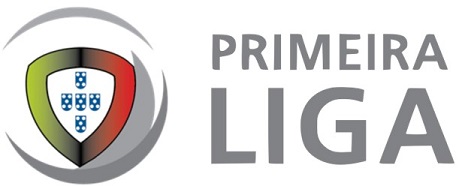 Sporting CP who sits unbeaten atop of the table and won both of their last league matches by four goals to nil, away versus Vitoria de Guimaraes and home to Tondela, but are only the third favourites to win the league at the end of the season according to Fivethirthyeight’s projected end of season standings based on simulations of the remaining matches.
Sporting CP who sits unbeaten atop of the table and won both of their last league matches by four goals to nil, away versus Vitoria de Guimaraes and home to Tondela, but are only the third favourites to win the league at the end of the season according to Fivethirthyeight’s projected end of season standings based on simulations of the remaining matches.
Historically football analysis has been the domain of pundits and talking heads on TV, however there has been a strong trend the last decade towards analysing football performances in a quantitative way.
Such data-driven analysis is the cornerstone behind Fivethirtyeight’s assessment that both Benfica and FC Porto are more likely than Sporting to win Portugal’s Primeira Liga, even if they at the moment are four and six points behind. Unsurprisingly, it seems inevitable that one of the “Três Grandes” are very likely to come out on top yet again, as the simulations give all the other teams together less than 10% combined chance.
The book “Moneyball: the art of winning an unfair game” by Michael Lewis, is a good introduction to the theory that the collective wisdom of sports insiders can be both flawed and subjective and can be outperformed by a quantitative approach. Even if the book is about baseball, a sport that in several ways lends itself more easily to data-driven methods than football, it is an interesting fact that models and simulations seem to be making their way into all other sports by the day.
Even minor sports, like the biathlon world cup, is now the focal point of complicated models simulating entire seasons.
Even if models and simulations seem to be gaining a larger and larger following among sports fans, it can at times be difficult to understand what the conclusions are based on. How can it make sense that unbeaten Sporting are only third favourites?
The best way to answer is probably that the models are trying to look behind the results to better predict the future. Instead of assessing the final score, much of the focus will be on advanced metrics like xG (expected goals scored), xPTS (expected points) and xGA (expected goals against). These metrics are calculated by assessing the quality of the various chances the different teams produce as well as the chances that are produced by the teams they play against.
It is not so uncommon that a team can outplay an opponent more or less the entire game, but due to bad luck and poor finishing fail to score. Similarly, it happens not so rarely that goals can be conceded almost out of nothing. This can be summed up as the result of a football match will often be heavily impacted by luck. The theory is that the advanced metrics is a better predictor of future results if compared with the actual match result.
Needless to say, a lot of people disagree wholeheartedly with the above. They tend to think of analysis using advanced metrics as nerdish nonsense. One can easily sympathize with both factions. No matter your thoughts on the subject, it will be interesting to see if Sporting will be able to hold on and break Porto’s and Benfica’s stranglehold on the league title going all the way back to Sporting’s last triumph in the 2001/02 season.
Related: Two decades later, can Sporting win the Portuguese title?

